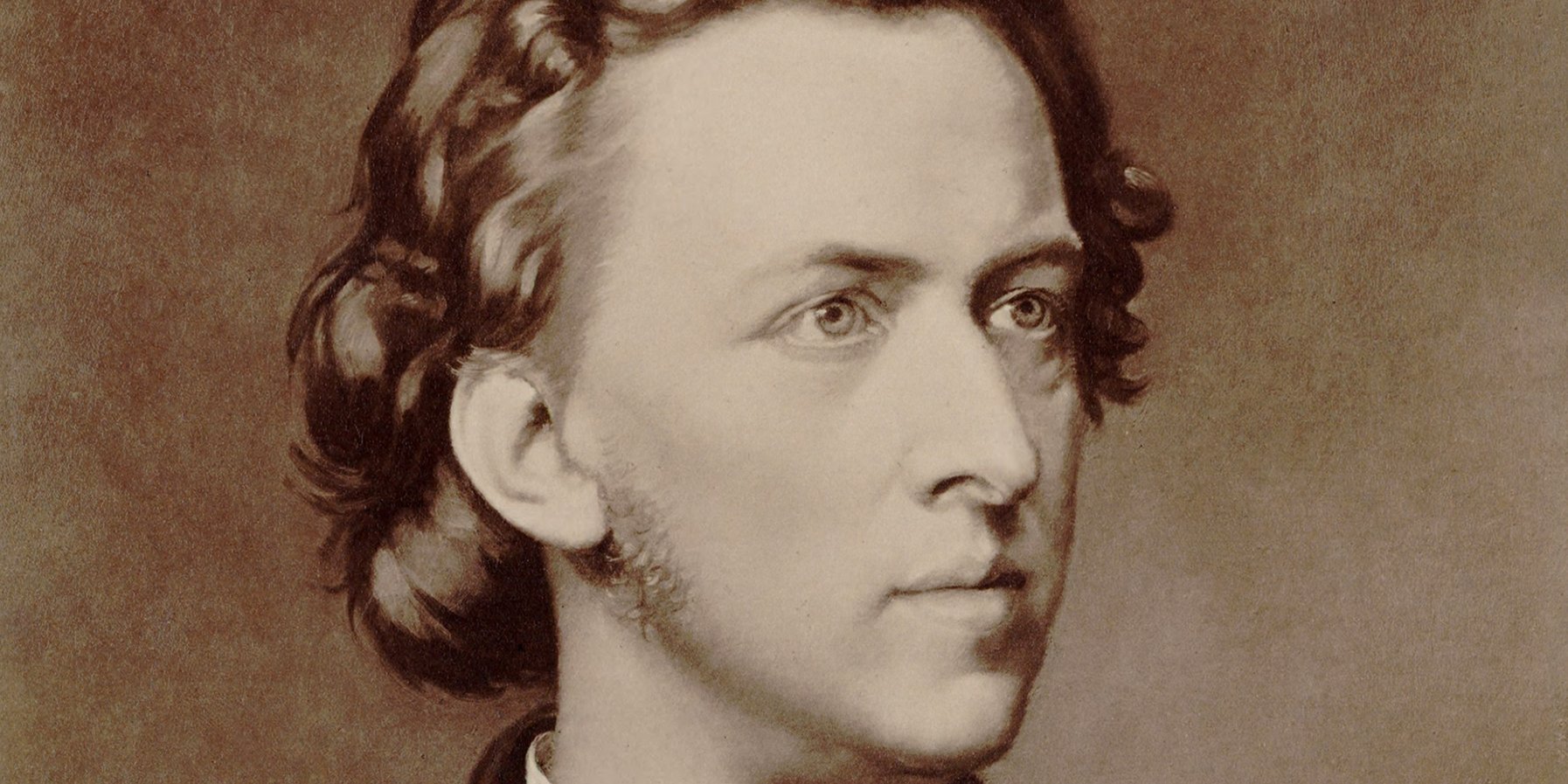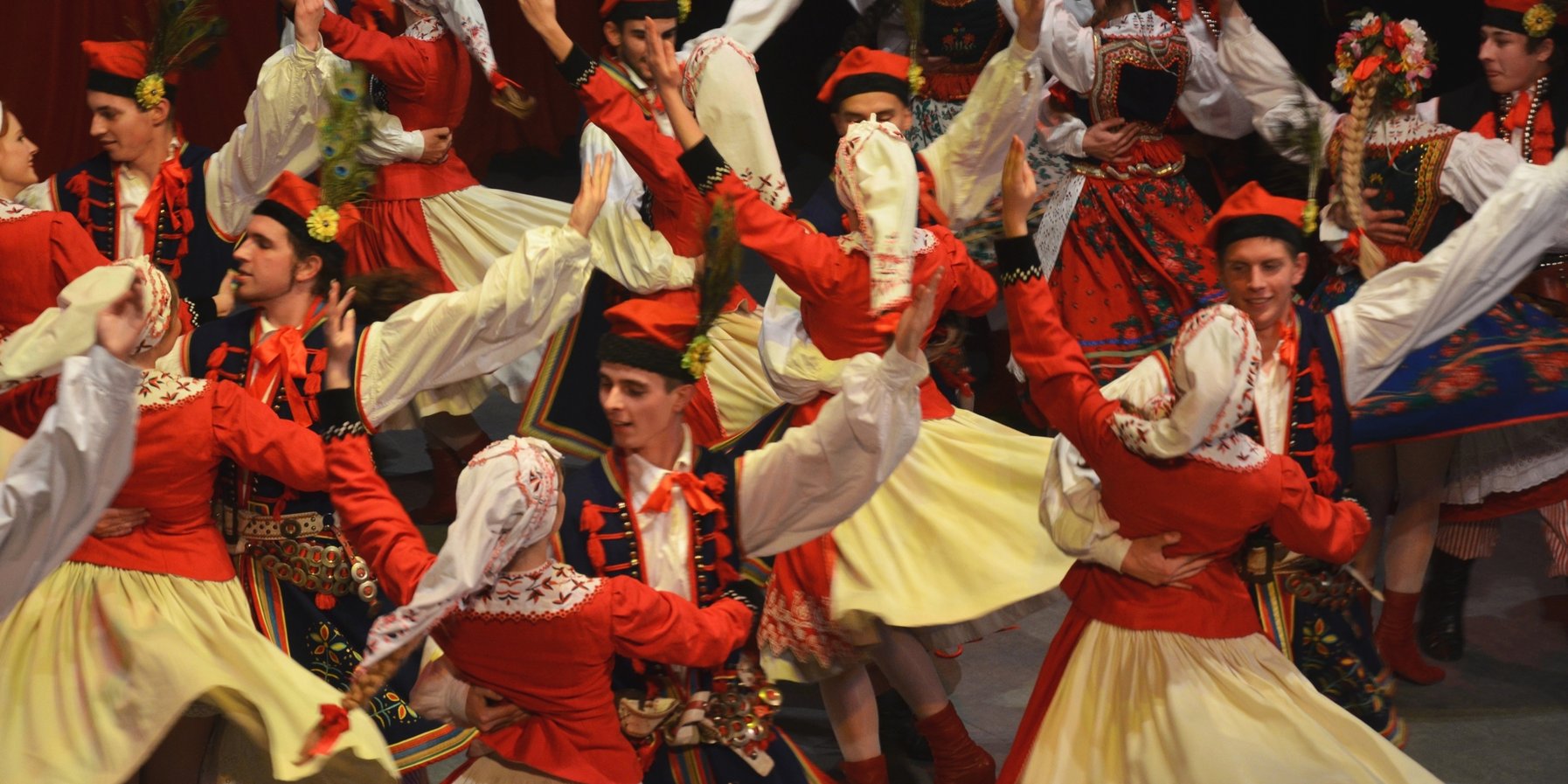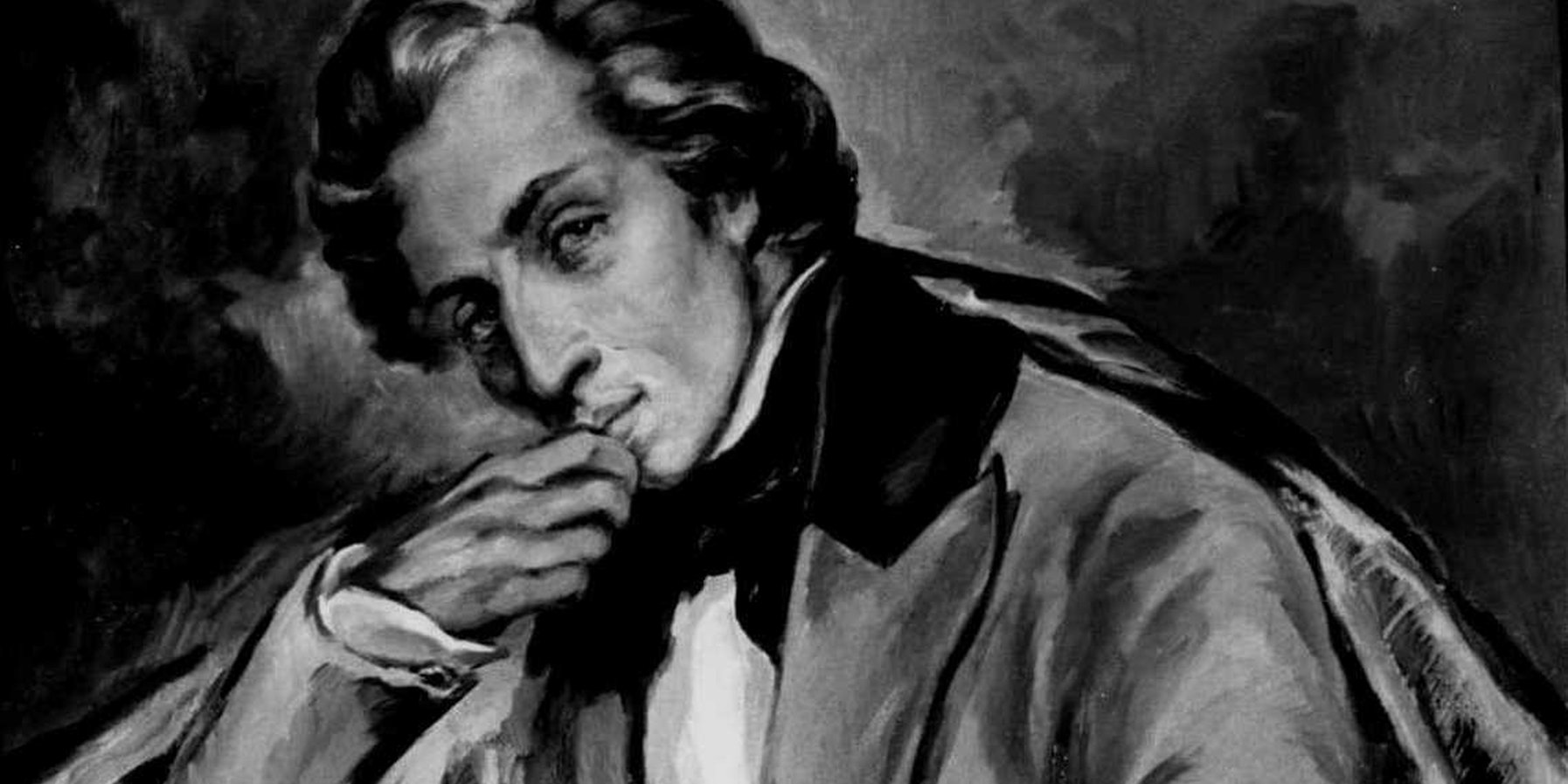Frédéric Chopin's compositions are among the most frequently-played piano works anywhere in the world. He is revered not only as the master of the miniature, of études, preludes, waltzes, polonaises and mazurkas, but also as a composer who literally expressed the essence of the piano.
Poland: homeland without a future
Frédéric (in Polish: Fryderyk) Chopin was born near Warsaw in 1810, at a time when his native Poland had long ceased to exist as a sovereign state: the erstwhile noble republic had been broken up and divided between Russia, Prussia and Austria decades before. Chopin grew up in a variety of pro forma political entities: firstly in a Poland that was a French satellite state under Napoleon, then, after the Congress of Vienna in 1815, in a new pseudo-state, controlled by the Russian Tsar. The occupying forces focused their repression on intellectuals and artists – not an appealing environment for a young piano virtuoso and composer.
»Chopins Werke sind unter Blumen eingesenkte Kanonen.«
Robert Schumann

Like his parents – his father was French, his mother Polish –, Chopin was a fervent patriot. He found the repressive political atmosphere wearing, and was unable to gain a foothold with his music in Warsaw's salons. Thus he decided to emigrate to Vienna before he was even 20. But concern for the Polish people continued to preoccupy him there, and found expression in his music as long as he lived. Fellow composer Robert Schumann once commented »Chopin's works are cannons sunk beneath flowers«, and voiced his surprise that the Russian regent didn't ban public performance of the sombre mazurkas and polonaises.
Polonaise Op. 44
From Vienna to Paris
Chopin only stayed in Vienna for a few months. Like thousands of his countrymen, he relocated to Paris after the Russians had suppressed the November Uprising in Poland with bloody force. Among the émigrés were many intellectuals and artists who found the longstanding Polish longing for freedom and independence reflected in Chopin's music. To this day, Chopin has the status of a national hero in Poland, even though the echoes of his homeland in his works are subtle. It's true that he drew on Polish folk songs, but he also derived inspiration in Paris from all manner of West European music, including Johann Sebastian Bach, Italian opera and virtuoso pieces of his time.
Rondo à la Krakowiak Op. 14
Piano Man
Chopin's fellow Polish exiles in Paris inundated him with requests to write an opera, or at the very least a symphony or a string quartet. But Chopin stuck to his guns and wrote almost solely for the piano. In this one genre, though, he was a true pioneer: his études brought about fundamental changes in piano playing, piano building and even in the very art of composing. In Chopin's music, technique is transformed into poetry – thus journalist Eleonore Büning in the FAZ, referring for example to his études. And it's true that in these miniatures, the composer evolves out of mindless finger exercises elaborate motifs whose character runs through the entire piece.
Chopin pulls off such subtle feats in nearly every one of his works, adding daring chromatics, meticulously polished details and an inventive talent that other composers envied him for. Unlike that lion of the keyboard Franz Liszt, Chopin doesn't aim for spectacular effects. His music is always well-proportioned, elegant, and never obscene, even though it's full of daring phrases, dissonances and distorted chords.
»Take your hats off, gentlemen: we have a new genius! Chopin cannot write anything where you don't realise after seven or eight bars that it must be Chopin!«
Robert Schumann, Komponist (1810–1856)
»The piano is my second self.«
Frédéric Chopin
Loved but misunderstood
But precisely this refinement and noblesse in his style brought him all manner of criticism. »Chopin was just the virtuoso of the elegant salons«, thus his colleague Hector Berlioz on one occasion. And: »He spent his life gradually dying«. It's true that the image persisted in the 19th century of Chopin as a salon dandy and melancholy dreamer who warmed up the same old sugary and resigned mush time after time. And the unbroken popularity of his music with a large public was a further source of scepticism among intellectuals – surely this wasn't what one expected of a genius!
But these critical verdicts did the composer an injustice: if Chopin was one thing above all else, he was radical. He spent weeks and even months polishing what were generally short pieces, and anyone who pays them sufficient attention will find plenty that doesn't match his image as a sentimental dreamer. »Not for dancing to,« he wrote above the score of one of his mazurkas, while in other places, quite contrary to convention, he obstinately denied the piano any opportunity for virtuosity. There is no hint of light music here.
Moreover, the Chopin études are notoriously hard to play in places. Even his friend Franz Liszt, who usually sight-read at his recitals, had to rehearse études like this one (see video below) for a couple of days.
Études Op. 10, No. 3
Post-mortem return home
Chopin made a name for himself in Paris, financing his lifestyle with private lessons and recitals before the high society of the Parisian salons. But as a man, he suffered from homesickness as long as he lived. He was admired as a virtuoso pianist, but he loathed appearing in front of a larger audience: he gave fewer than 50 public recitals in his entire life. Acute coughing attacks plagued him for years, and he died at the early age of 39, probably from tuberculosis. He never returned to his native Poland, but in accordance with the terms of his will, his heart was taken back to Warsaw after his death.
Author: Laura Etspüler, last updated: 18 Jan 2022








